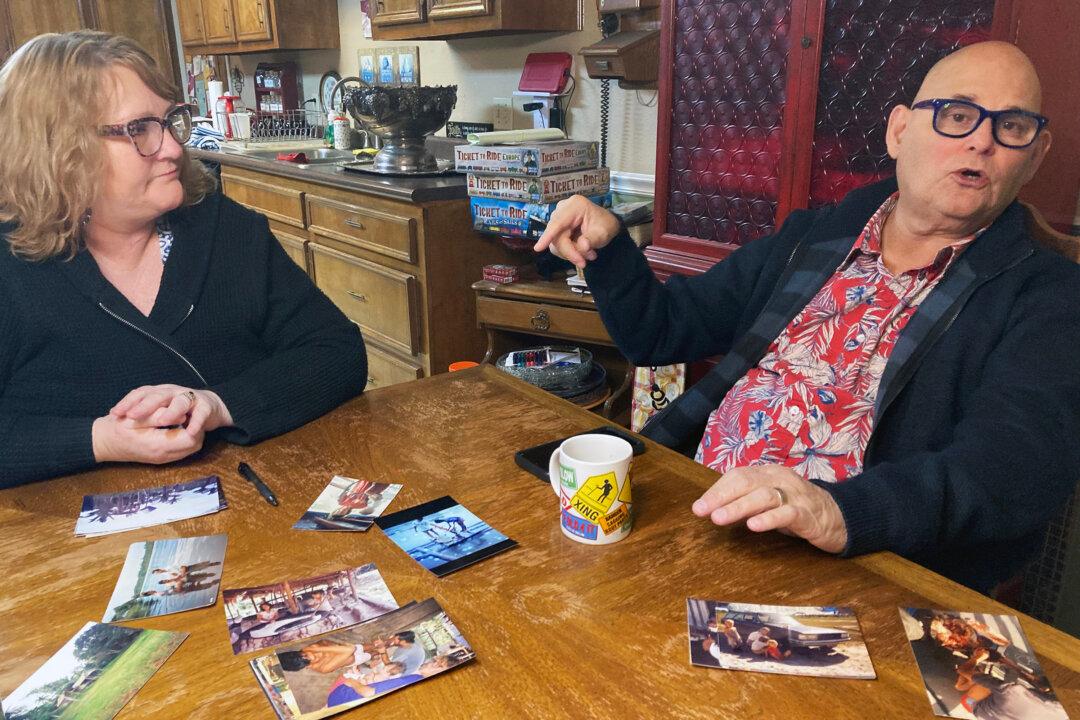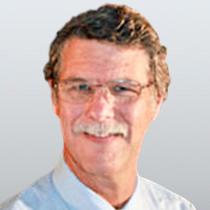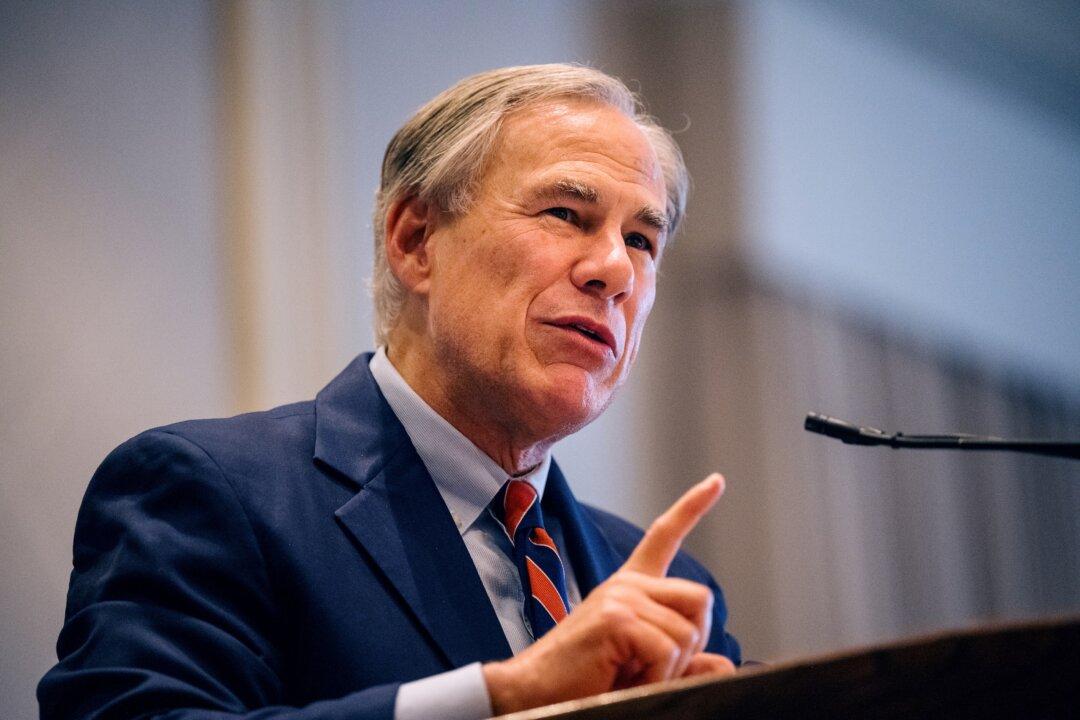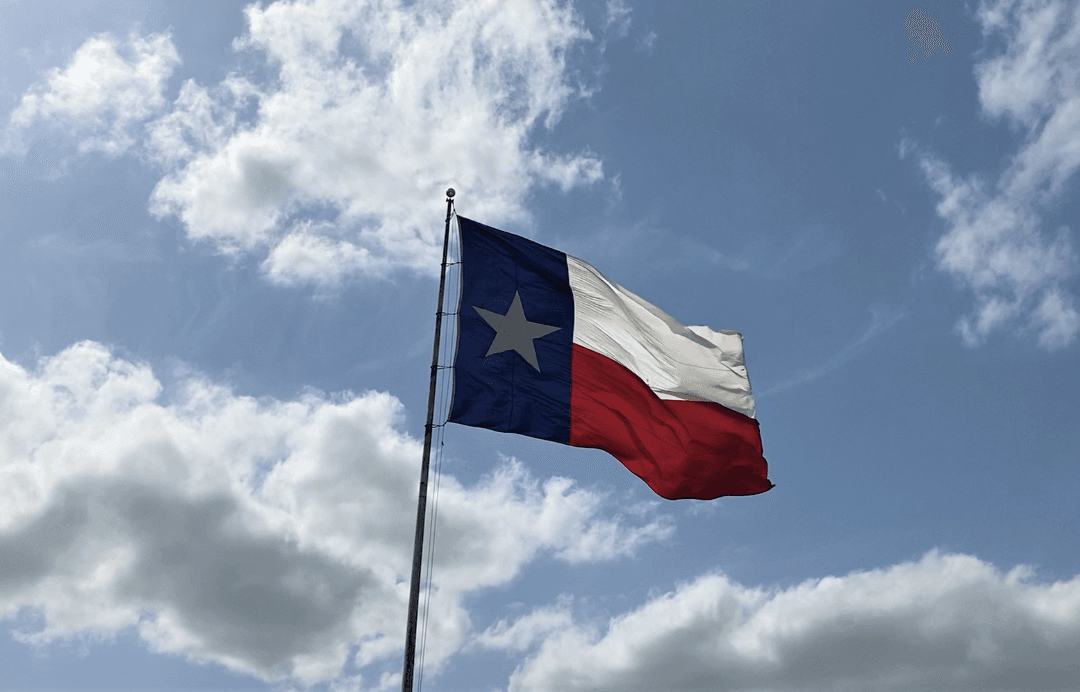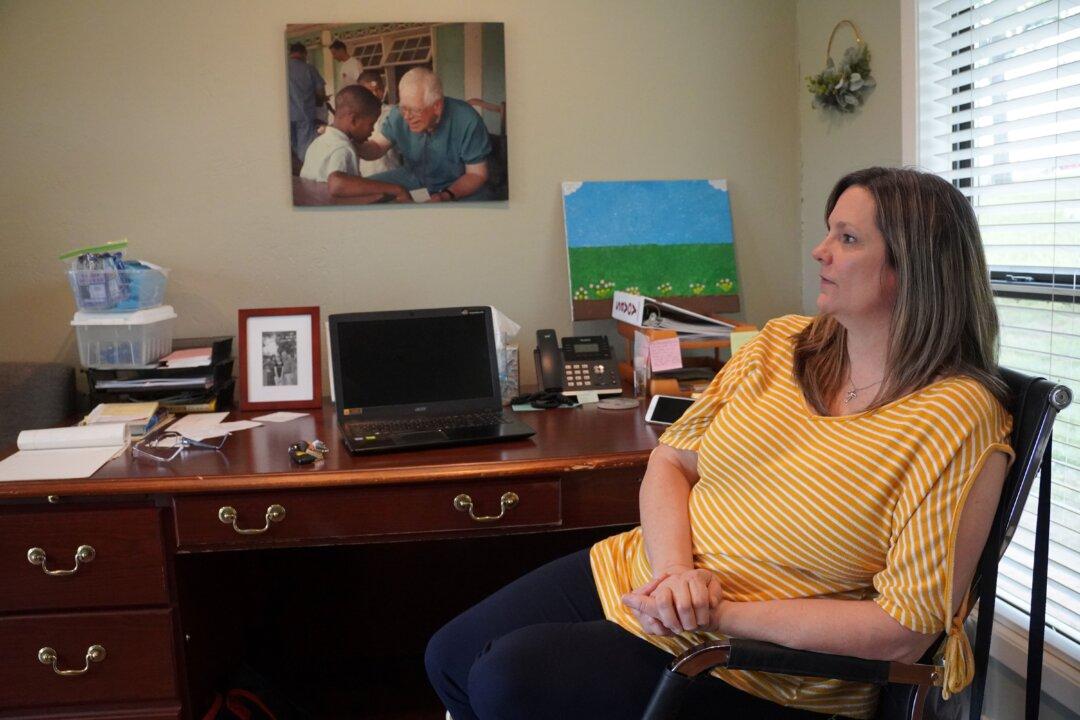Mercy Ships currently operates the largest nongovernmental hospital ship in the world, staffed “mostly by volunteers,” says David Warner, 67, a two-decade, full-time volunteer with the organization, which was started in 1978.
Warner, a U.S. Navy veteran, found a natural home in the maritime mission after his military service and a 12-year stint as an Amazon River boat captain, volunteering in the remote Brazilian jungles.
